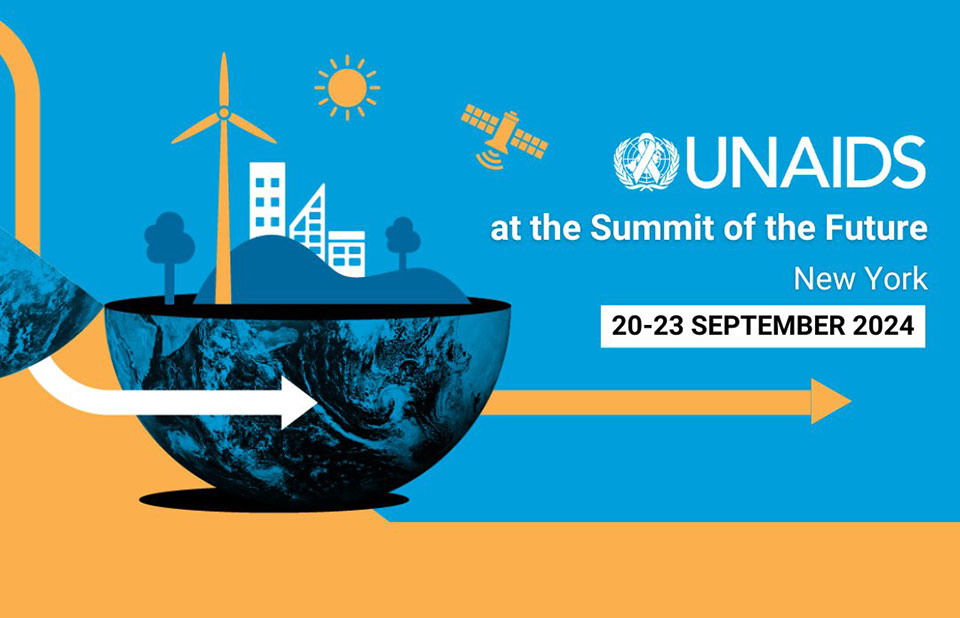
By Baboloki Semele
Two young HIV activists are making a bold call to world leaders at the United Nations General Assembly and the Summit of the Future in New York. With the support of UNAIDS, Ibanomonde Ngema from South Africa and Jerop Limo from Kenya are advocating for the inclusion of young people in the global response to HIV, urging leaders to invest in youth-friendly health systems and partner with those living with the virus to lead the fight against AIDS.
“Young people’s powerful and vibrant activism has driven so much of the progress made in the HIV response,” said Winnie Byanyima, UNAIDS Executive Director. “They know what works for them. It is essential for leaders to listen to them to understand the specific challenges that young people face and how those challenges can be overcome.”
Ngema and Limo, who are social media influencers and HIV activists, aim to shift the narrative surrounding youth living with HIV, emphasizing their roles not as passive beneficiaries but as equal partners in the global effort to combat the disease. The young advocates will use the global platform to highlight the critical need for inclusive, youth-led approaches to HIV response and call on leaders to recognize their value.
“I am representing not only the voices of 1.5 million Kenyans living with HIV but all people living with HIV,” said Jerop Limo. “We are equal rights holders. We have a voice, skills, and expertise, and we need an equal playing field where our input is valued.”
Young women and adolescent girls are particularly vulnerable to HIV, especially in sub-Saharan Africa, where 3100 young women and girls contract HIV every week. Globally, 44% of all new infections in 2023 were among women and girls. The stark figures illustrate the urgent need for targeted interventions, and Ngema is clear: “Governments cannot end AIDS alone. They need to involve us to find solutions.”
Despite the significant strides made, many young people living with HIV still face stigma and discrimination when accessing health services, further isolating them and hindering their access to life-saving information and treatment. This exclusion only perpetuates the cycle of infection and reinforces the barriers young people encounter daily.
However, young people are driving innovation in the fight against AIDS. In Namibia, for example, a youth-led initiative uses e-bikes to deliver antiretroviral medicines and food to young people unable to visit clinics due to school schedules. But as Limo and Ngema point out, these initiatives remain underfunded, lacking the necessary political and financial backing to make a broader impact.
At the summit, the two activists will call on world leaders to fully support and fund youth-led HIV responses, emphasizing that upholding the human rights of young people—such as access to healthcare, education, and social support—is essential to ending AIDS as a public health threat.
“We are the leaders of the future and we need to be included now to help shape a better future for us all,” concluded Limo.
The call to action from Ngema and Limo marks a critical moment in the global fight against HIV. Their participation at the UN General Assembly underscores the pivotal role young people can play in achieving the goal of ending AIDS once and for all.
Leave a Reply